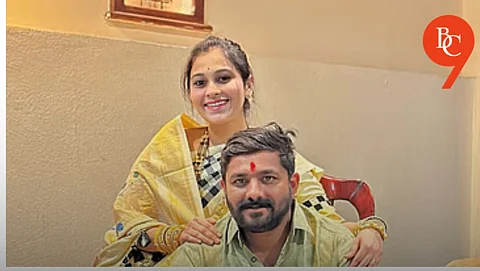

Vaishnavi Hagvane’s untimely death has left her family, especially her young child, in a vulnerable position. As the case continues to draw public attention and the investigation into her death proceeds, the question of the child’s immediate care and long-term welfare has become a priority for both authorities and the community.
Recognizing the emotional and practical challenges faced by Vaishnavi’s parents, the Nationalist Congress Party has stepped in to provide support. The party’s leadership, in consultation with the family, has assigned two of its respected women leaders to take on the responsibility of the child’s welfare.
The two NCP women leaders—whose names are being respected for privacy in this context—have been given a multifaceted role in supporting Vaishnavi’s child:
Providing comfort, stability, and a nurturing environment during a period of immense grief and upheaval.
Ensuring that the child’s basic needs, education, and healthcare are met without interruption.
Acting as intermediaries between the family, social services, and law enforcement to safeguard the child’s rights and interests.
Monitoring the child’s well-being and development, and coordinating with the family to make decisions in the child’s best interest.
This arrangement is intended to offer both immediate relief and long-term security, reflecting a broader commitment to child welfare and women’s leadership in crisis situations.
The decision has been widely welcomed by the local community and social organizations. Many see it as a compassionate and practical step, ensuring that the child does not become further victimized by the tragedy. The involvement of women leaders also highlights the importance of female representation in sensitive family and social matters, especially in the wake of high-profile cases that demand empathy and accountability.
Political observers have noted that this move may set a precedent for how parties and public figures can play a constructive role in supporting families affected by personal or criminal crises.
While the custody and welfare of Vaishnavi’s child are being addressed, the investigation into her death continues. Authorities are working to ensure that justice is served, and the community remains vigilant about the outcome. The NCP leaders’ involvement is seen as a parallel effort to provide stability and support to the family during a time of uncertainty and public scrutiny.
By entrusting two women leaders with the care of Vaishnavi’s child, the NCP has demonstrated a commitment to both gender-sensitive leadership and child welfare, setting an example for others to follow.
